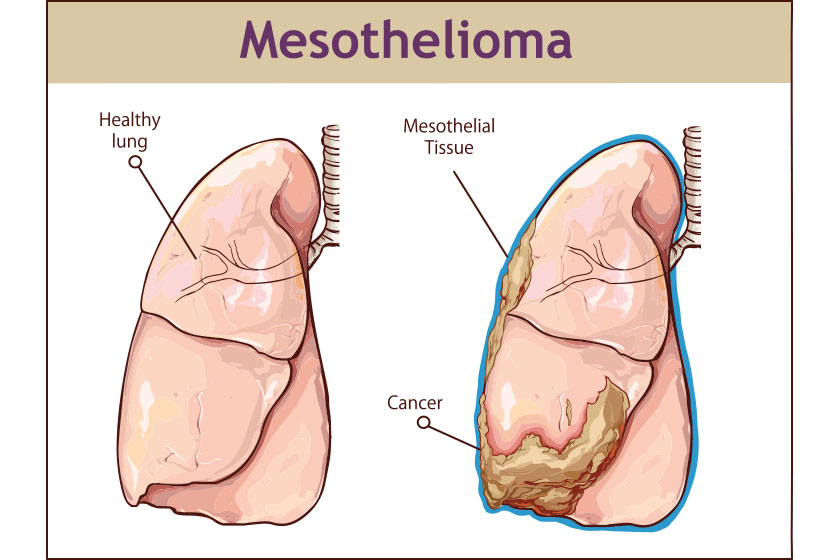The life expectancy of mesothelioma for seniors is a pressing concern for those diagnosed with this aggressive cancer. Primarily caused by exposure to asbestos, mesothelioma often presents in older adults due to its long latency period. Understanding the factors that influence life expectancy can help families and patients face this challenging diagnosis with more clarity.
Factors Affecting Life Expectancy
How long those diagnosed with mesothelioma can live varies widely and is influenced by several factors, including the stage of the disease at diagnosis, the patient’s overall health, and the type of mesothelioma. Mesothelioma’s long latency period—sometimes as long as 60 years—means that many patients are diagnosed in their senior years, often when the disease is already advanced.
Early-stage mesothelioma offers a better prognosis, as treatment options are more effective when the cancer is caught before it spreads. However, because symptoms often appear late, many seniors are diagnosed in the later stages, which can reduce life expectancy. Individuals may face other health challenges, such as heart disease or weakened immune systems, which can further complicate treatment and prognosis.
Understanding the Prognosis
For seniors diagnosed with mesothelioma, life expectancy typically ranges from six months to three years. The average prognosis is approximately 12 to 21 months, but this can vary based on individual circumstances. Factors such as the patient’s age, overall health, and response to treatment play a significant role in determining the prognosis.
It’s important to note that while the statistics may seem disheartening, advancements in treatment have improved outcomes for some patients. Participation in clinical trials and access to newer therapies can offer hope and potentially extend lifespan.
Treatment Options and Their Impact
Treatment options for mesothelioma include surgery, chemotherapy, radiation, and, increasingly, participation in clinical trials. The choice of treatment depends on the stage of the disease, the patient’s health, and the specific type of mesothelioma.
For seniors, less invasive treatments like chemotherapy and radiation are often preferred, as they are generally better tolerated than surgery. These treatments aim to manage symptoms, slow disease progression, and improve quality of life. However, it’s important to have an open conversation with healthcare providers to understand the risks and benefits of each treatment option.
Quality of Life Considerations
While life expectancy is a significant concern, the quality of life for seniors with mesothelioma is equally important. Managing symptoms like pain, shortness of breath, and fatigue can make a substantial difference in a patient’s day-to-day comfort. Palliative care, which focuses on relieving symptoms rather than curing the disease, can be a big part of the treatment plan for many seniors.
In addition to medical treatments, support from caregivers, family members, and social workers can help seniors deal with the emotional and physical challenges of living with mesothelioma. Ensuring that seniors have access to the necessary resources and care can enhance their quality of life, even as they face this difficult diagnosis.
Find Comfort and Care in Difficult Times
Facing a diagnosis like mesothelioma can be overwhelming, especially for seniors and their families. At our Senior Living in North Port, FL, we understand the unique challenges that come with such a diagnosis. Our Assisted Living option offers the right balance of care and independence, providing support through personalized care plans and 24-hour professional assistance.
With attention to both medical needs and quality of life, we create an environment where seniors can focus on comfort and peace of mind. Contact us today to learn more or schedule a tour and discover how we can support your loved one through this challenging journey.







